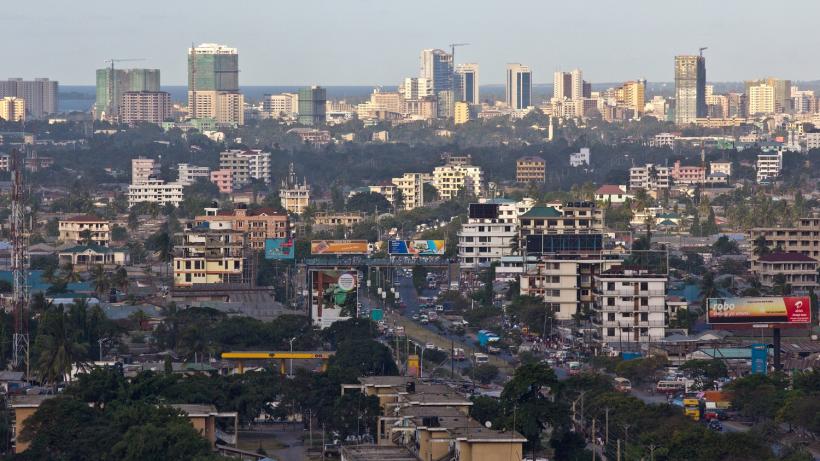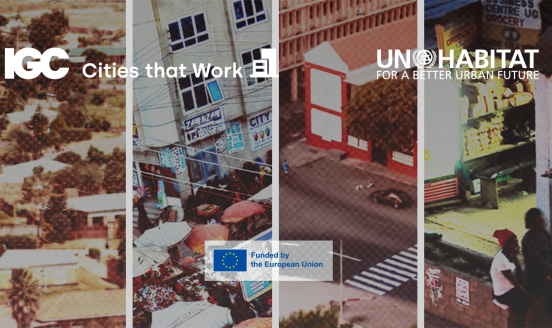Municipal finances and urban governance
In rapidly developing cities, large public investments are needed to improve the quality of life of citizens and provide the conditions for long-term economic growth.
The challenge for many cities is that municipal revenues are insufficient to meet the large and growing needs for public spending. At the same time, urban policymaking is often hampered by the lack of an authorising environment — a clear structure for decision making. Institutions often have overlapping and unclear mandates over decisions that affect the city, and in many cities existing institutional structures fail to adequately address cross-district urban issues.
Cross-country experiences and research highlights some key options for addressing these challenges. Urban land value capture, through annual taxes on land and property, for example, offers an ethical and efficient source of revenue — allowing urban land and property values to finance the public investments which make the city more productive.
Further options for financing, designing, and implementing urban policies are considered in the online policy toolkits, policy briefs, and policy papers below, while video case studies also highlight reforms implemented in Kampala to successfully transform revenue administration and governance in the city.
Policy briefs
- Land and property taxes – Exploiting untapped municipal revenues
- Impôts sur le foncier – Pour valoriser des revenus municipaux inexploités
- Private vs. public collection in enhancing local tax revenues
Policy papers
- Land and property taxes for municipal finance
- Property taxes: Exploring the untapped potential for the city of Hargeisa
- An overview of municipal finance in Hargeisa, Somaliland
- How can cities become more resilient? Improving flood management through better governance, private sector partnerships and open data
- Urban governance institutions: Policy options for fast-growing cities
- Enhancing property tax compliance in Mandalay
- Designed to succeed: Building authorising environments for fast-growing cities
- Working paper: Options for metropolitan governance in Greater Kampala (Slack, IGC)
- Working paper: Asset and debt management for cities (Friere & KopanYi, IGC)
- Growth brief: Financer les villes à croissance rapide (Haas & Collier, IGC)




